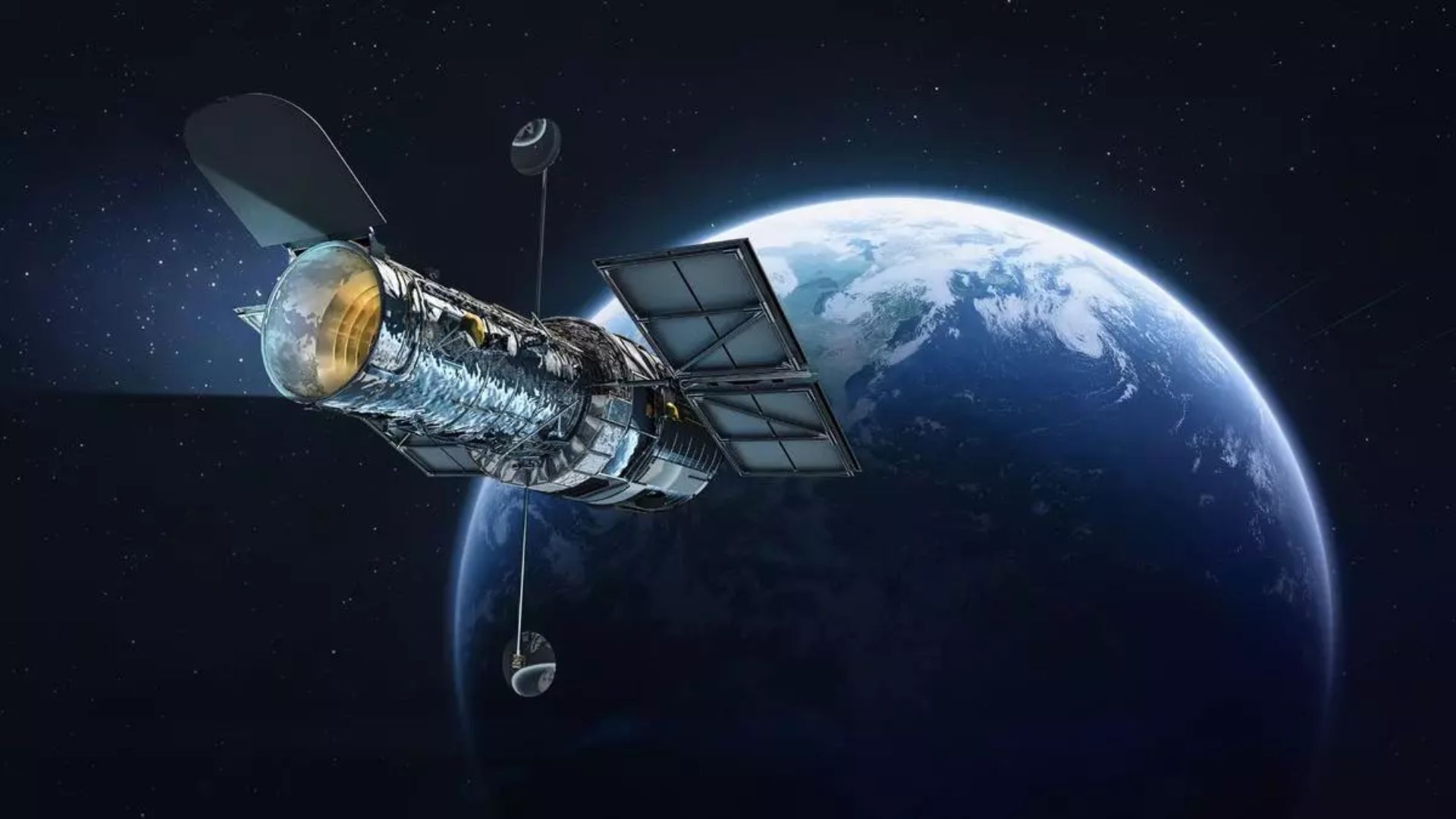Foreign Direct Investment Rules Relaxed for Satellite Component Manufacturing
India has recently made substantial strides in liberalizing its space sector by announcing significant reforms in foreign direct investment (FDI) regulations. The government’s decision to allow 100% FDI in the manufacture of satellite systems without the need for official approval marks a pivotal shift in India’s space policy. This move aims to position the country as a more attractive destination for foreign investment in the burgeoning global space market, signaling India’s ambition to expand its presence and capabilities in space exploration and technology.
The relaxation of FDI rules comes at a crucial juncture for India’s space program, buoyed by recent achievements such as the successful moon landing near the unexplored south pole of the moon. India’s prowess in space missions has garnered international acclaim, underscoring its technological capabilities and potential contributions to space research and exploration. By streamlining FDI regulations, India seeks to leverage its space achievements as a catalyst for attracting greater investment, fostering innovation, and advancing its space industry.
Furthermore, the eased regulations extend beyond satellite system manufacturing to encompass various components, systems, or sub-systems related to satellites. Foreign companies are now permitted to invest up to 100% in these areas without the need for prior approval, providing a significant impetus for collaboration and technology transfer in India’s space ecosystem.
Additionally, similar provisions have been outlined for investments in launch vehicles, with foreign firms allowed to invest up to 49% without official approval, further facilitating participation in India’s space endeavors.

India’s decision to liberalize its space sector underscores a strategic imperative to capitalize on emerging opportunities in the global space market, which is projected to witness exponential growth in the coming years. By fostering a conducive regulatory environment and promoting international collaboration, India aims to stimulate innovation, enhance competitiveness, and bolster its position as a key player in the rapidly evolving space industry landscape.
The reforms are expected to unleash the full potential of India’s space sector, driving economic growth, creating employment opportunities, and fostering technological advancement on a global scale.
“This will give India access to the latest tech advances and much-needed funds, not only from the country but from international investors too,” said A.K. Bhatt, director general of the Indian Space Association. Space-related India stocks such as Paras Defence and Space Technologies , MTAR Technologies, Taneja Aerospace and Aviation and Apollo Micro Systems climbed 2% to 5% on Thursday.


















